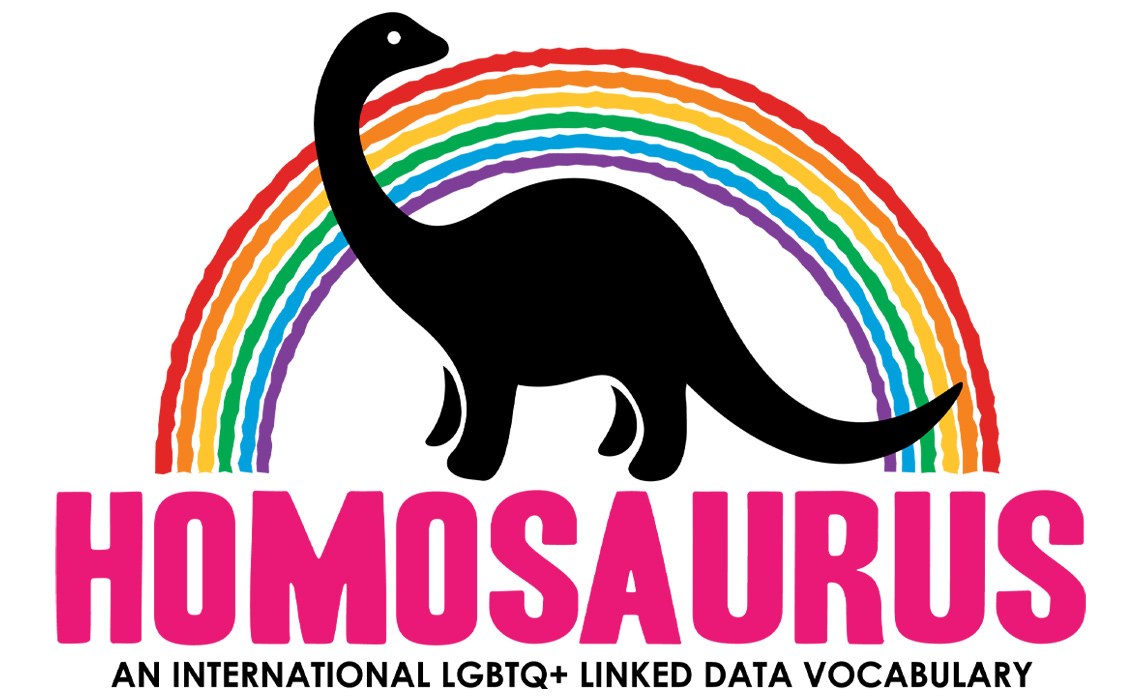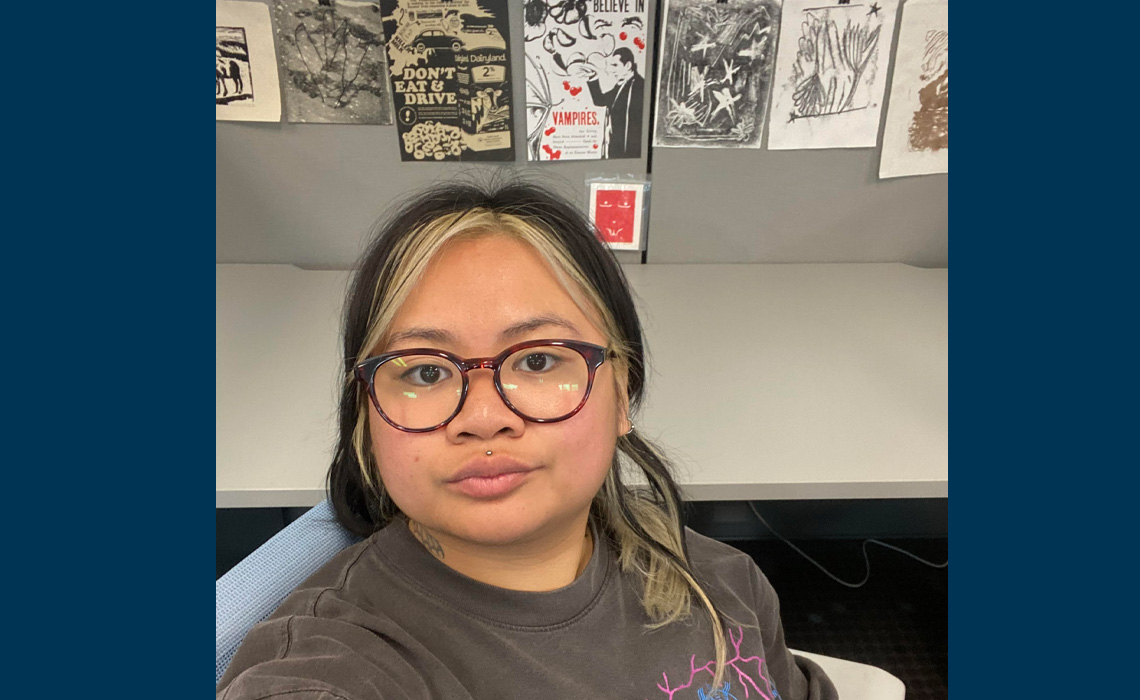Mount Royal Library takes on Homosaurus Project

Over the past few months in Mount Royal’s Riddell Library and Learning Centre, work has been underway on a project aiming to make library searches more inclusive.
As per the movement’s website, the Homosaurus Project is “an internationally linked data vocabulary of Lesbian, Gay, Bisexual, Transgender, and Queer (LGBTQ) terms. This vocabulary is intended to function as a companion to broad subject term vocabularies, such as the Library of Congress Subject Headings.”
Katharine Barrette, associate dean of the Library, explains that these added descriptors can be used in place of outdated and offensive subject headings from the Library of Congress’s guidelines. The Library of Congress is a historic institution and is the most commonly followed library filing system internationally.
Barrette likens Library of Congress subject headings to tags, which are attached to each piece of material. When searching for materials, these tags allow the finder or reader to know what the general topic is. Over time, the Library of Congress has updated some of their terms but as an institution is slow to change.
“A lot of library descriptor standards have fallen behind, especially in certain areas in Indigenous and queer materials,” says Adam Cohen, collection services technician. He was the one who brought forward the Homosaurus Project and suggested the Library take part. It’s a project he had wanted to take on for a while.
“This project makes resources more available to queer community members and reparative cataloging is something I am really interested in,” he says.
The Homosaurus comprises current terms that 2SLGBTQIA+ people use themselves and terminology that has evolved or emerged. It is then available for libraries to use in replacement of or to complement some of the older Library of Congress subject headings.
“Although we recognize that sometimes these archaic terms are deeply hurtful or offensive when searching for information today, there is recognition they are of the time that they come from. So we have to make sure we have respectful and updated terms that are by, for, and about the community to facilitate access to the information while also recognizing in some cases you have to have both,” Barrette says.
Adding the Homosaurus terms to relevant materials within the MRU Library will allow for researchers to find more materials related to their search terms. Cohen points out that in some cases materials have no description, which makes them much harder for a researcher to find.
He adds that the project also helps to repair the damage that has been done over time through incorrect descriptions and terms.
Providing student opportunity
Taking part in the Homosaurus Project was twofold, allowing for the Library’s metadata to be updated in a more respectful and mindful way while also providing a work-opportunity to a student.
Jules De Guzman, a member of the 2024 Bachelor of Arts — Sociology graduating class, was hired by the library to work on this project. They were given a list of hundreds of books with terms that needed to be updated. Slowly, they worked through each and every one.
“I would grab 40 to 50 books at a time and then go through each book one by one to get the gist of what it was about and what terms should be applied it,” they explain, adding that they would often be cross referencing the Homosaurus when doing this work for any other terms that could be added.
De Guzman says for as tedious as these tasks may seem, they really enjoyed their time. “All of the books had to do with subjects I care about and that were interesting to me. I came across so many cool books.”
After completing a subject analysis of each book, De Guzman would add relevant tags to the library’s internal database.

In addition to adding updated, relevant search terms to MRU’s library, De Guzman also noticed missing terms and submitted them to the Homosaurus Project so that they can be added to the international database. As they cataloged, they made note of any terms that were missing or that could be added. “The project is really for and by the community that way.”
De Guzman says they learned a lot through the project both professionally and personally. Not only did they find terms that they identified with through the Homosaurus vocabulary, but they also came across terms relating to their Filipino heritage.
“My ancestors spoke Tagalog and the Homosaurus had a lot of queer terminology that wasn’t just focused on English-speaking queer terms. They had terms in Tagalog that helped me process and understand myself, my gender and my sexuality in relation to my culture,” they say. This helped De Guzman feel “seen” in the library catalog and in their work, something they say is deeply resonating and inspiring.
De Guzman is taking some time off after earning their degree at MRU. However, they are planning to apply for a master’s degree in information programs. They had such a wonderful experience working in the Library they say the plan for now is to stay working in libraries in some capacity.
“I want to keep doing projects that mean a lot to me, like this project. This one especially was very meaningful to me and I want to keep working in that way.”

